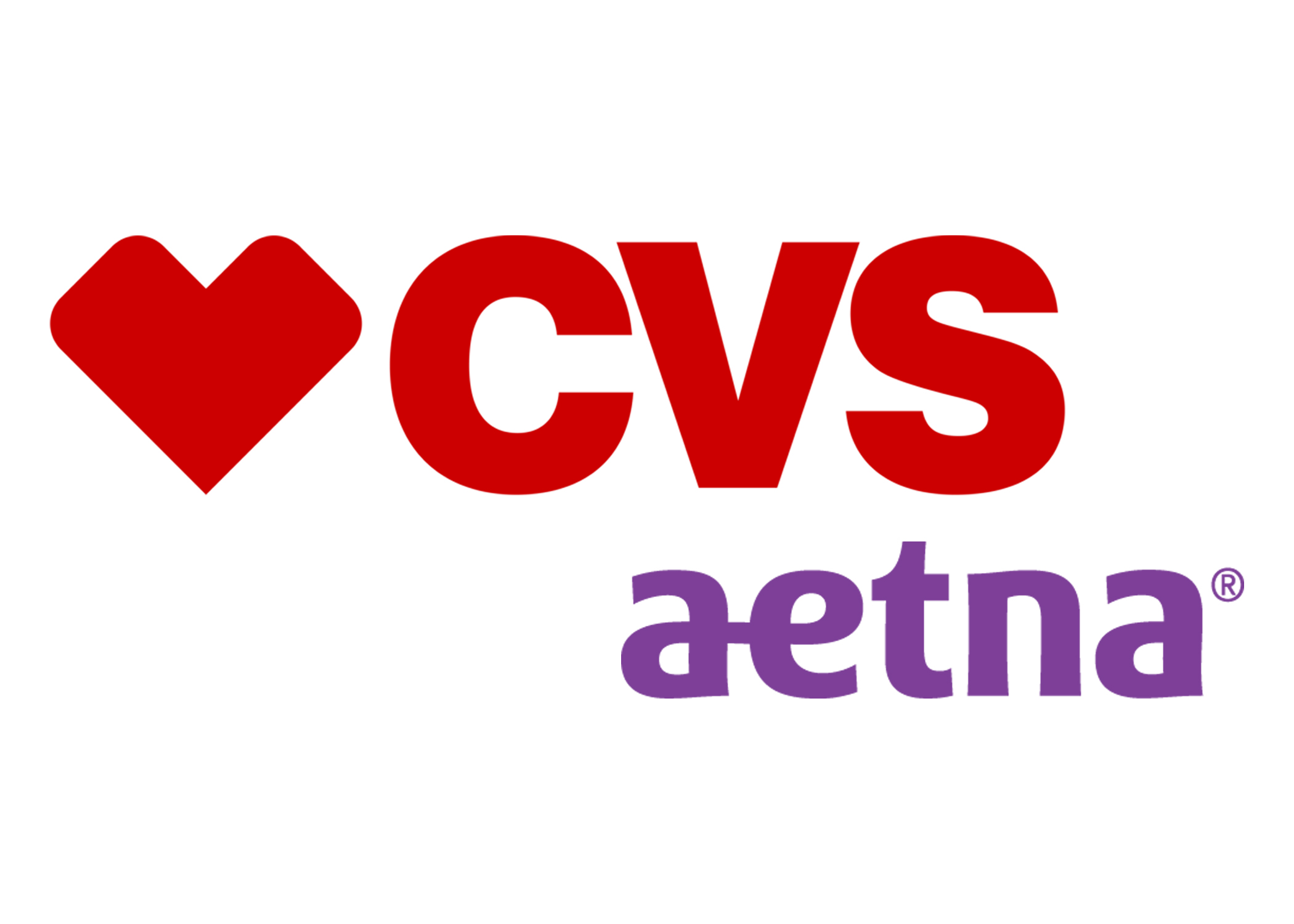



Get new exclusive access to healthcare business reports & breaking news




AT&T-Warner Bros merger gives high hopes for CVS-Aetna deal.
June 12, 2018, was an historic day for the media industry: a judge approved the $85 billion AT&T-Time Warner merger. For its healthcare equivalent, the CVS-Aetna deal, this news has positive reverberations, further proving that vertical integration creates benefits across multiple spectrums.
Having the green light from antitrust regulators might help ease concerns surrounding the deal. Ever since its announcement in December 2017, critics warned that the merger would lead to a monopoly or that competition and innovation would come to a halt.
Interestingly enough, American Medical Association Providers, which managed to block two health insurance mega-mergers, has yet to voice opposition to this deal. Yes, there are question marks around price transparency.
Pharmacy benefits managers, including CVS, have been under fire, as some are saying that they might not hold their consumer saving promises. Instead, they would be stashing away profits from the rebates that pharmaceutical firms pay them as a way of lowering drug costs.
“Consumers suffer by paying more and getting less choice for the vital drugs they need,” said David Balto, a former Federal Trade Commission lawyer.
Others claim that it might also narrow patients’ choices of where they pick up their prescriptions and receive their healthcare services. In reality, having fewer options might be better for customers.
“People might find more and more choice to actually be debilitating,” said Sheena Iyengar, a professor of business at Columbia University and the author of The Art of Choosing. This rings especially true when it comes to navigating the healthcare maze.
Yet for all the things that might go wrong, the combined CVS-Aetna colossus promises more positive outcomes for both shareholders and consumers, as a former Aetna CEO himself has pointed out.
Think of the US healthcare system as a severely ill patient for whom doctors have yet to find a cure. Meanwhile, an atypical team of outside experts is working on developing a serum that could save the patient’s life.
One of the major arguments in favor of CVS-Aetna concerns the delivery of medicine to patients. Having all of a patient’s personal health information in one place would solve the long-standing issue of medication non-adherence. Currently, there is no way for primary care providers to check whether patients are refilling their prescriptions and no one reminds patients to do so.
For patients with chronic diseases, who account for more than 80 percent of all health care costs, this leads to unnecessary hospital readmissions and visits to ERs. By sharing its analytics power, Aetna will enable CVS to send these patients renewal reminders or automatic renewals to proactively provide care via their 10,000 retail pharmacies.
In short, CVS would become a one-stop shop for over 22 million Aetna members who could walk into a CVS for every condition, from a sore to serious issues such as diabetes.
The main takeaway for executives?
Assuming that this merger is properly executed, it will further demonstrate that, for healthcare to bloom into a consumer-focused industry, it should turn to outside helpers: complimentary companies, services and products to provide better coordinated beginning-to-end solutions.